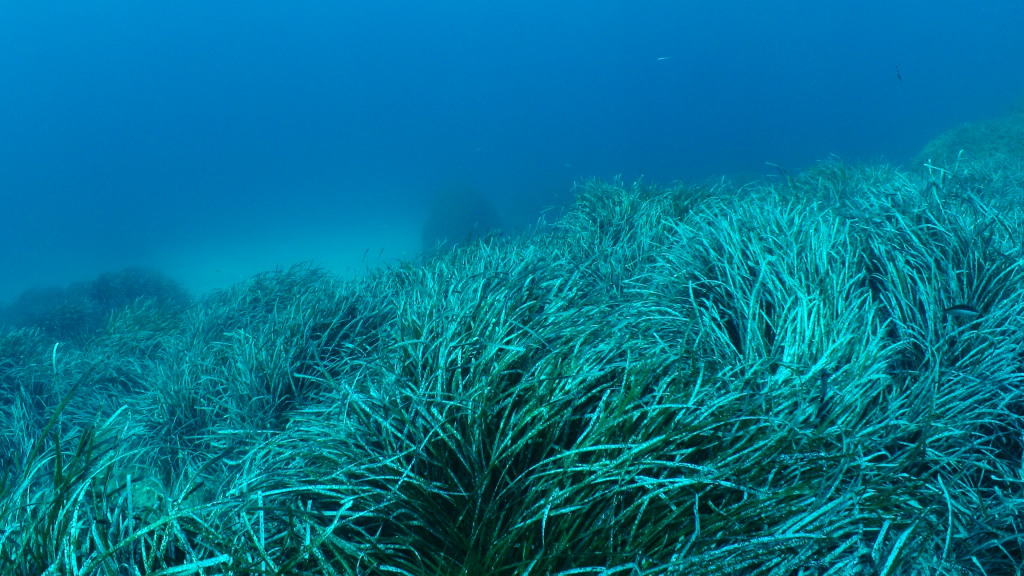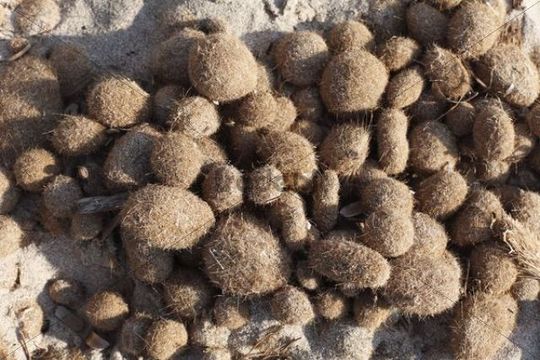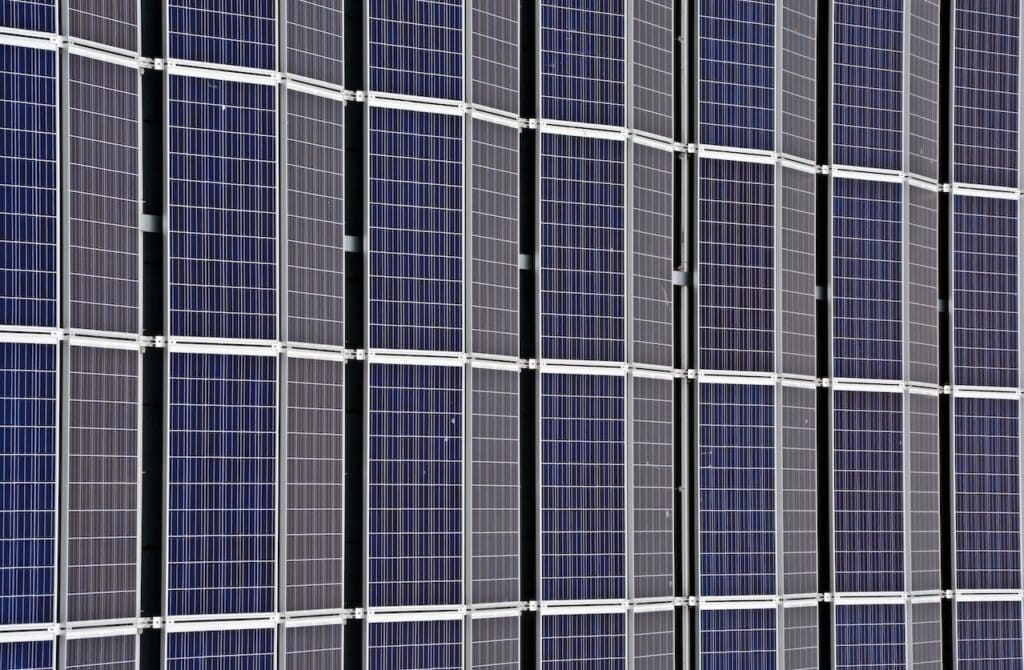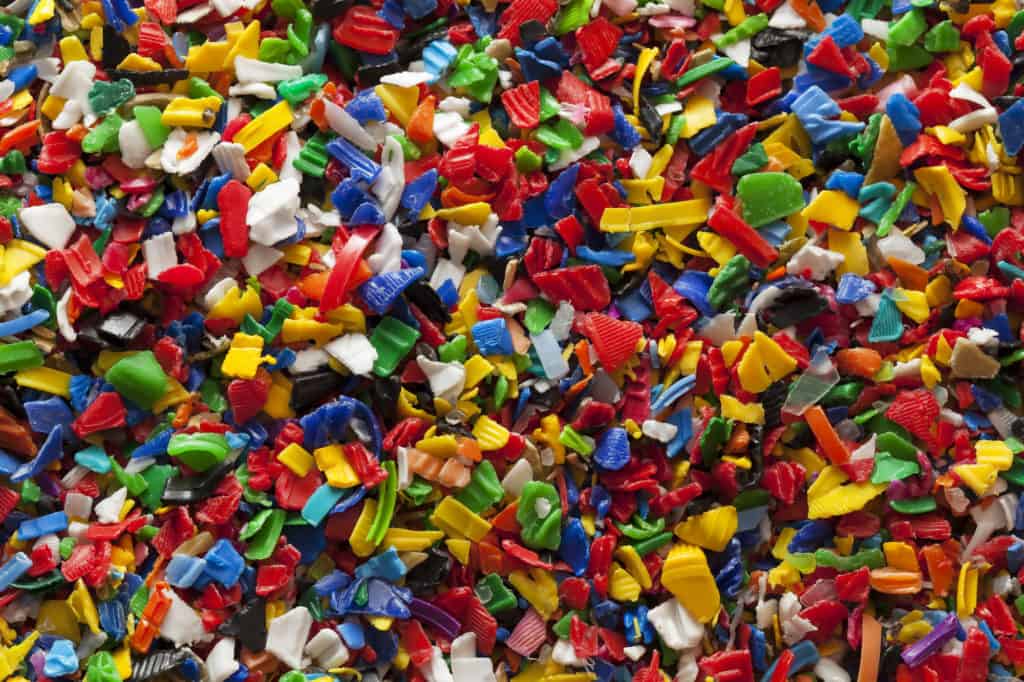Scientists have discovered that a species underwater seagrass, Posidonia Oceanica, may be naturally trapping marine plastic and removing it from the sea.
Posidonia Oceanica covers a large percentage of the seafloor in the Mediterranean region. The underwater meadows shed leaves frequently. These leaves intertwine to form Neptunes Balls, it is these that are responsible for the trapping and removal of marine plastic.
Posidonia Oceanica
Marine Plastic Removal
The underwater waste disposal system was discovered by a team of Marine Biogeochemistry from the University of Barcelona. Led by Anna Sanchez-Vidal, the team discovered these plastic filled seagrass balls on beaches across Mallorca, Spain. “When there’s a storm, and these balls are ejected from the sea to land, the plastic also is ejected back to shore,” explains Sanchez-Vidal. The team has estimated that Neptunes Balls may be extracting up to 867 million pieces of plastic from the mediteranean sea each year. In their study, the team found plastic in 17% of the balls they collected and studied, with an average of 613 plastic pieces per kilogram of seagrass.
Plastic waste has consistently been an issue regarding marine ecosystem conservation. It is estimated that around 5.25 trillion macro and micro pieces of plastic are currently in earth’s oceans. Plastic recycling is crucial in order to prevent plastic from entering our oceans and ruining marine life. Discovering that an oceanic plant is performing marine plastic removal has huge connotations for marine conservation.
Neptunes Balls
Marine Conservation
This discovery has reinforced to all not only the wonders of marine life, but the importance of conserving this seagrass region. “Strict measures should be taken to protect these systems,” Sanchez-Vidal states. Further study must also be done into seagrass in other locations on the globe, to determine if other species also produce plastic carrying fibre balls.
Regardless, seagrass beds across the ocean floor are home to a diverse range of ecosystems, and are a crucial reservoir for CO2 and sediment. Protecting these areas are, thus, essential in maintaining marine biodiversity and protecting the planet.









